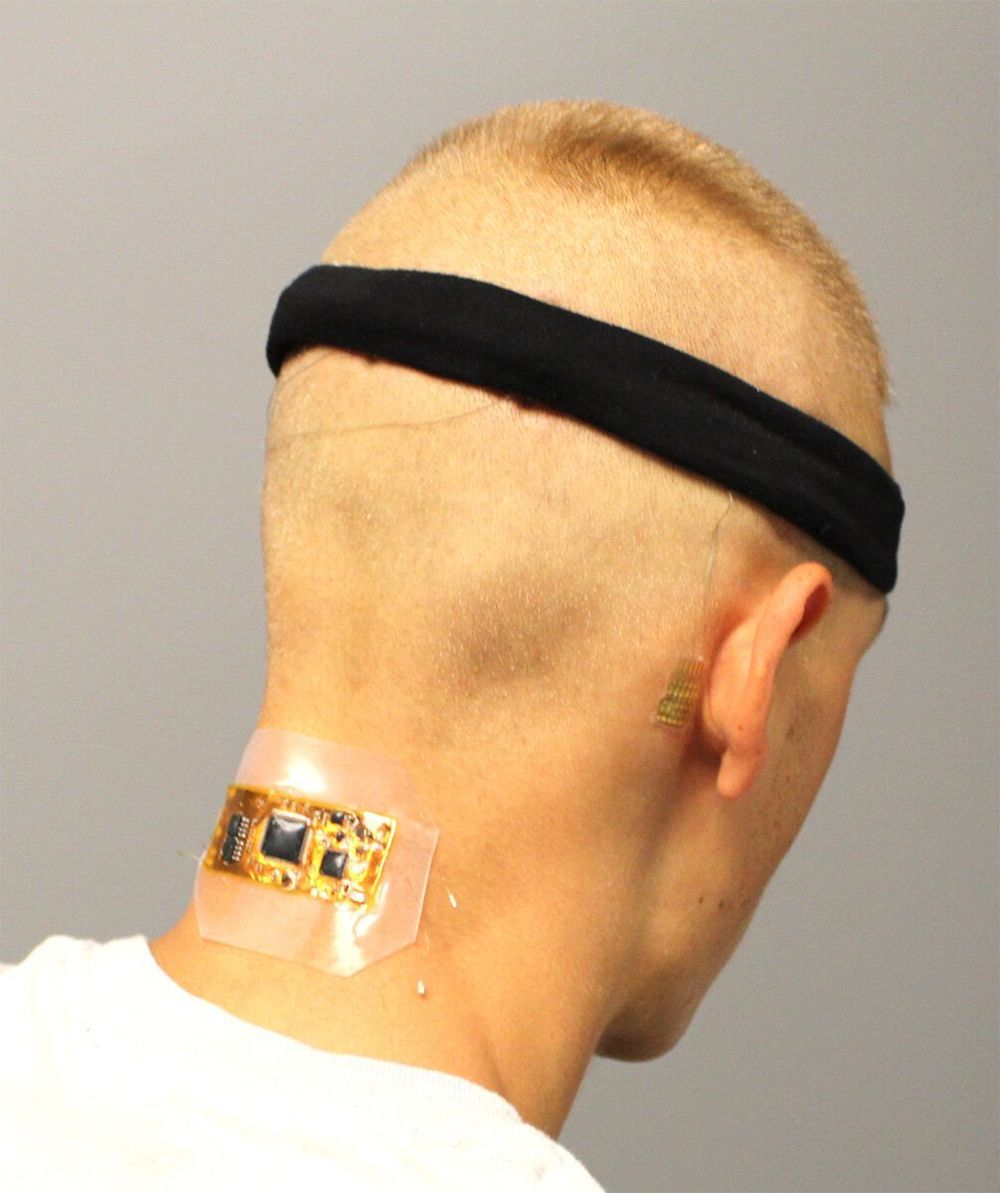If you are a Lifeboat subscriber or have been reading these pages for awhile, you may know why it’s called “Lifeboat”. A fundamental goal of our founder, board, writers and supporters is to sustain the environment, life in all its diversity, and—if necessary—(i.e. if we destroy our environment beyond repair, or face a massive incoming asteroid), to prepare for relocating. That is, to build a lifeboat, figuratively and literally.
But most of us never believed that we would face an existential crisis, except perhaps a potential for a 3rd World War. Yet, here we are: Burning the forests, killing off unspeakable numbers of species (200 each day), cooking the planet, melting the ice caps, shooting a hole in the ozone, and losing more land to the sea each year.
Regading the urgent message of Greta Thunberg, below, I am at a loss for words. Seriously, there is not much I can add to the 1st video below.
Information about climate change is all around us. Everyone knows about it; Most people understand that it is real and it that poses an existential threat, quite possibly in our lifetimes. In our children’s lives, it will certainly lead to war, famine, cancer, and massive loss of land, structures and money. It is already raising sea level and killing off entire species at thousands of times the natural rate.
Yet, few people, organizations or governments treat the issue with the urgency of an existential crisis. Sure! A treaty was signed and this week, Jeff Bezos committed to reducing the carbon footprint of the world’s biggest retailer. But have we moved in the right direction since the Paris Accords were signed 4 years ago? On the contrary, we have accelerated the pace of self-destruction.







